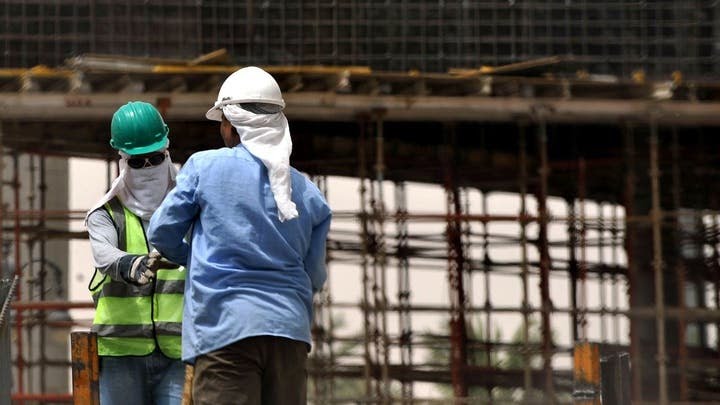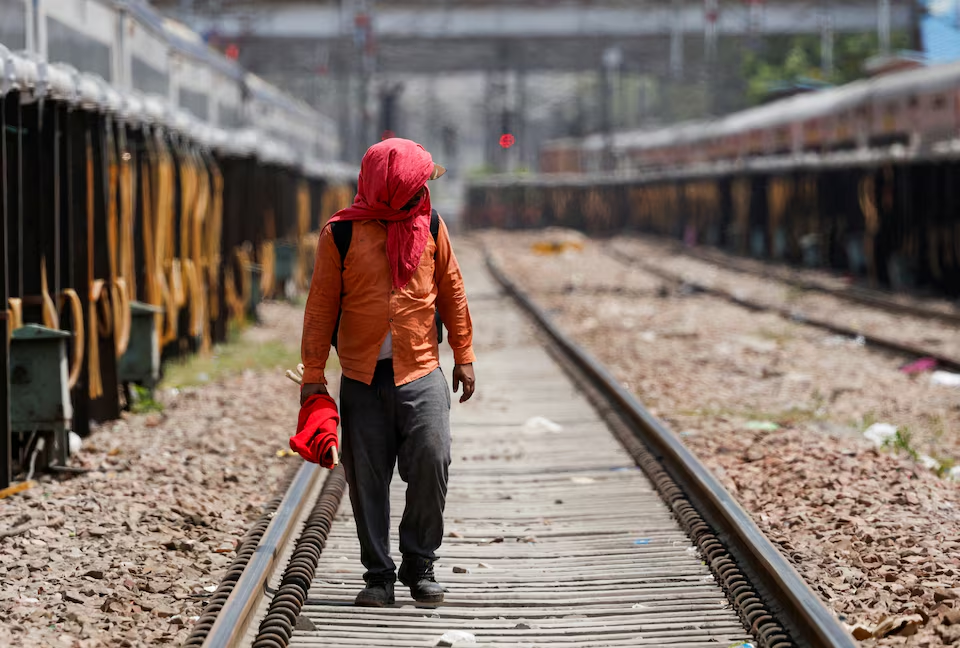Saudi Arabia has achieved a 75 percent reduction in workplace deaths over the past few years, while simultaneously expanding employment opportunities in the health and safety sector, according to a senior government official. The announcement highlights the Kingdom’s efforts to improve labor conditions as part of its broader Vision 2030 reform agenda.
The Deputy Minister for Labor Affairs at the Ministry of Human Resources and Social Development, Hani al-Mojel, made the remarks during the sixth Arab Occupational Health and Safety Conference held in Riyadh. He attributed the improvement to robust safety regulations, increased inspections, and a commitment to fostering a safer work environment across all industries.
Al-Mojel emphasized that this progress reflects the country’s strategic investment in occupational safety and health. “We are proud to see a significant decline in workplace fatalities, and our policies have led to the creation of thousands of new jobs in the health and safety field,” he stated. The expansion of professional roles in this sector is aligned with the government’s aim to reduce unemployment and increase Saudi nationals’ participation in the workforce.
The conference, organized in partnership with the Arab Labor Organization, brought together representatives from 13 Arab countries, along with labor ministers, health and safety experts, and members of the International Labour Organization. The event focused on sharing best practices and addressing ongoing challenges in occupational health across the Arab world.
Saudi Arabia’s labor ministry reported that new digital platforms and data monitoring systems have played a crucial role in enforcing workplace standards. The Kingdom has introduced stringent safety protocols across high-risk sectors such as construction, manufacturing, and oil and gas. Additionally, companies found violating safety guidelines face fines, operational suspensions, or legal action.
In line with Vision 2030, the government has prioritized workplace safety as a key element in building a competitive and productive labor market. Al-Mojel noted that training and certifying safety officers, deploying inspection teams, and implementing health surveillance mechanisms have helped foster a culture of safety in both public and private sectors.
Dr. Fayez al-Shehri, an occupational health expert at the conference, praised the Kingdom’s efforts, saying that Saudi Arabia has become a regional leader in health and safety regulation. “The reduction in workplace fatalities is not just a statistical improvement—it signals a cultural shift towards valuing human life and dignity in the workplace,” he said.
Data presented during the conference also showed that more than 18,000 Saudis have been trained and employed in occupational health and safety roles since 2020. The ministry continues to partner with academic institutions and international organizations to expand certification programs and align safety standards with global best practices.
However, some labor rights groups urged further reforms, especially in protecting migrant workers who make up a large portion of the workforce in high-risk sectors. Human Rights Watch and other international organizations have previously called for greater transparency and enforcement to ensure safety regulations are applied equally to all workers, regardless of nationality.
Saudi officials at the conference acknowledged the importance of inclusive protections and indicated that the labor ministry is working on additional initiatives to enhance worker well-being, including mental health support, better housing standards, and grievance mechanisms.
The Arab Occupational Health and Safety Conference concluded with a joint declaration committing regional governments to strengthen cooperation and data sharing, promote digital innovation in labor inspection, and harmonize safety protocols.
As Saudi Arabia continues to diversify its economy and attract foreign investment, workplace safety is increasingly seen as a critical component of sustainable development. The government’s efforts to reduce workplace deaths and build a skilled health and safety workforce are expected to bolster investor confidence and improve the quality of life for workers across the Kingdom.
Source: Al Arabiya English



